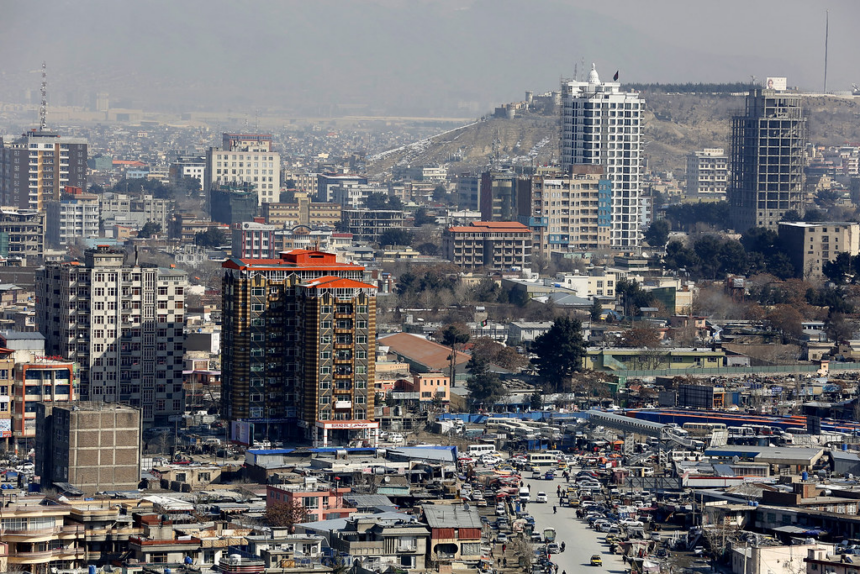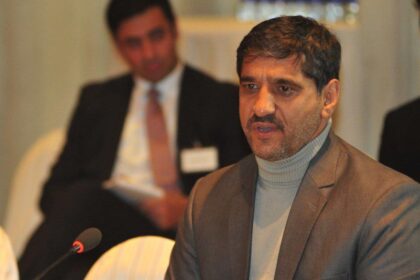RASC News Agency: In a bid to present itself as an arbiter of economic fairness, the Taliban’s Ministry of Justice has decreed that residential rent increases for 2025 must not exceed 10 percent of last year’s rate. The move comes amid an unprecedented housing crisis gripping Kabul and other Afghanistani cities a crisis the Taliban’s own governance failures have helped to inflame. On paper, the measure appears to offer relief. In practice, it is little more than propaganda dressed as policy. Tenants across the capital report that landlords, emboldened by the absence of genuine oversight, continue to impose rent hikes far beyond the so-called ceiling in some districts exceeding 30 percent.
The Taliban’s directive, delivered via an official communiqué, also declares that any lease agreements drafted on “plain white paper” are invalid, mandating formal, registered contracts. Yet no enforcement mechanism has been introduced, no inspection authority empowered, and no penalties meaningfully applied. This policy theater unfolds against the backdrop of crushing demand in the rental market, fueled by the mass forced return of migrants from Iran and Pakistan, a steep decline in housing construction, and an economy in freefall under Taliban mismanagement. Instead of addressing these root causes, the regime has opted for a paper decree useful for headlines, useless for households.
Housing analysts warn that without an independent judiciary, transparent regulatory institutions, and the political will to challenge entrenched landlord profiteering, the Taliban’s rent cap will remain as hollow as its other governance promises. For ordinary Afghanistani families especially the urban poor the consequences are devastating: spiraling rents, mounting displacement, and the slow erosion of what little stability remains. As in so many other spheres, the Taliban’s rule has reduced policy to performance, leaving the people to pay the price quite literally for the regime’s economic ineptitude and authoritarian priorities.






